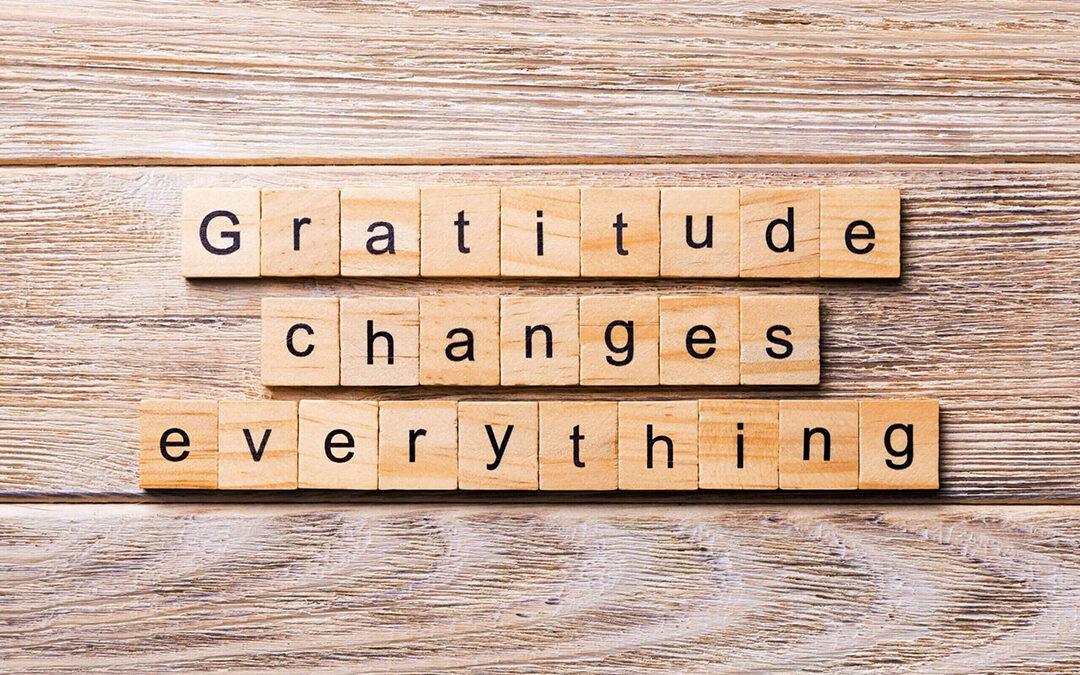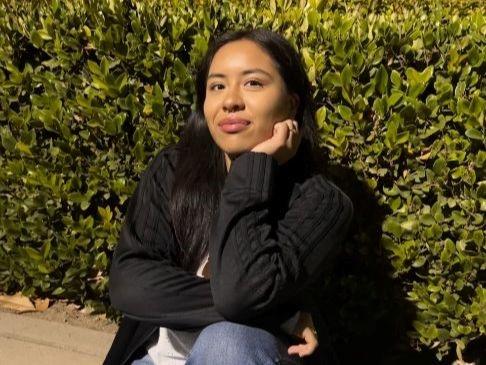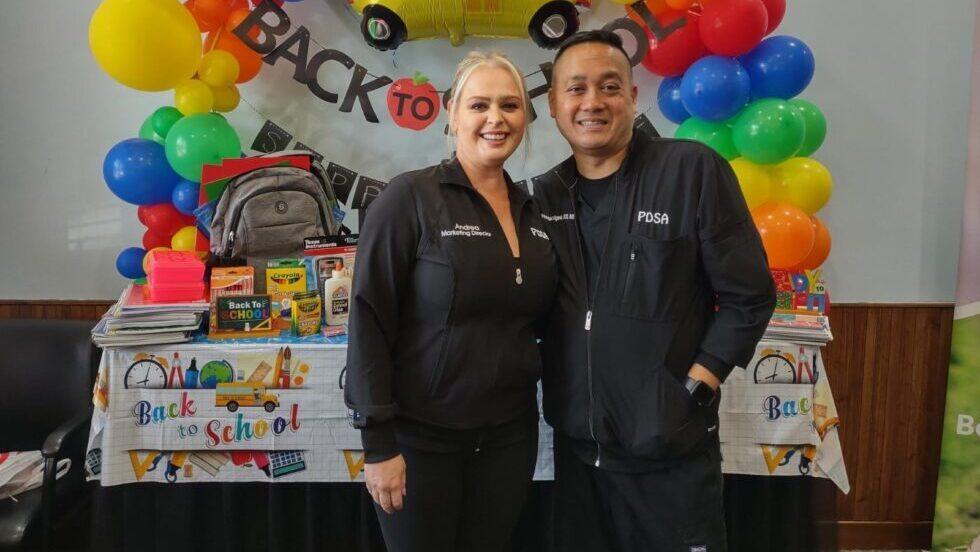
Gratitude
What does it look like beyond the “humblebrag” social media posts and cliche smiles?
And why is it important?
Gratitude is what makes us smile, inside or out. It is that component in life that gives us grace, grounding and awareness. It is the tiniest of light that helps us see a step forward in the darkest of nights. Finding gratitude helps us to be resilient. To remind us that there is beauty in life.
Gratitude is the sound of little sisters playing.
It is the taste of chocolate.
It is the smell of mint.
Gratitude is the puppy that always has a smile.
Gratitude is looking at the stars on a clear night.
It is a hug from a friend.
Gratitude is acing that last exam you worked so hard on.
It is a warm meal and enough to eat.
It is a teddy bear and a stuffed avocado pillow.
It is a feeling of breath.
It is an art supply kit.
Gratitude is “You”.
At least this is what our students say.
At our National Scholar Saturday in March, our Give Back community had the opportunity to explore the positive impacts and healthy practice habits of gratitude with speaker Miriam Hathaway.
Miriam is an author and positive mindset expert who has written more than 30 books, including several focused on gratitude, living life with meaning and purpose, and the importance of positive relationships. She has been featured on several national lists; her work can be found in stores nationwide and one of her projects was even featured in Oprah's Favorite Things. She is known for infusing joy and curiosity into all that she does and writes books that inspire people in making their creative ideas come to life. Which she certainly did for our community in March!
Gratitude was chosen as a theme this month as an inspiration from our December speaker, Wesley Hamilton. It has been shown to help overcome trauma, lower rates of PTSD for war veterans and increase resilience for survivors of terrorist attacks. In his podcast, Dr. Andrew Huberman, Ph.D., a neuroscientist and professor at Stanford University, indicates that specific gratitude practices have been shown to have tremendous positive effects on mental and physical health. We hope that by introducing students to mindful gratitude practices with Miriam, that it will help them find resiliency and positive threads during a time of national uncertainty.
Miriam introduced participants to the positive benefits of gratitude and how to incorporate it into our lives- even when it may not be what we really feel like there is not much to be grateful for. One particular exercise, Miriam asked students to write or share “Five Things You Can See”, “Four Things You Can Touch”, “Three Things You Can Hear”, “Two Things You Can Smell” and “One Thing You Can Taste”, of which students responded with overwhelming thoughtfulness.
In our post-event survey, many students shared that some of the most valuable parts of the ninety minutes together were learning about other things that their peers are grateful for. They shared that they appreciated “The connection I had with other students”, “When we became vulnerable and shared what we were grateful for.” and “Hearing all the great things that happened to the other Give Back students”.
Hopefully, students will carry this amazing learning experience forward with them. When life feels like a whirlwind, we can all take time to recall our “5,4,3,2,1 Gratitude Exercise” and remember that a moment of gratitude might just be one appreciative breath away.





